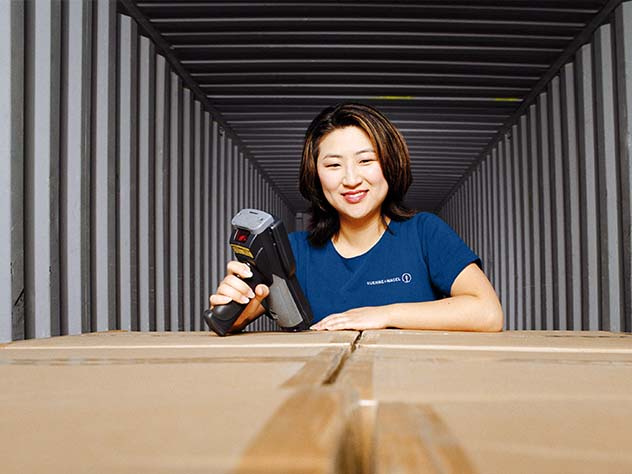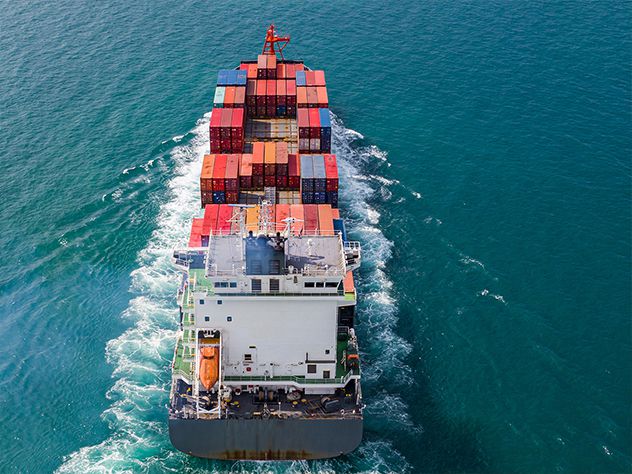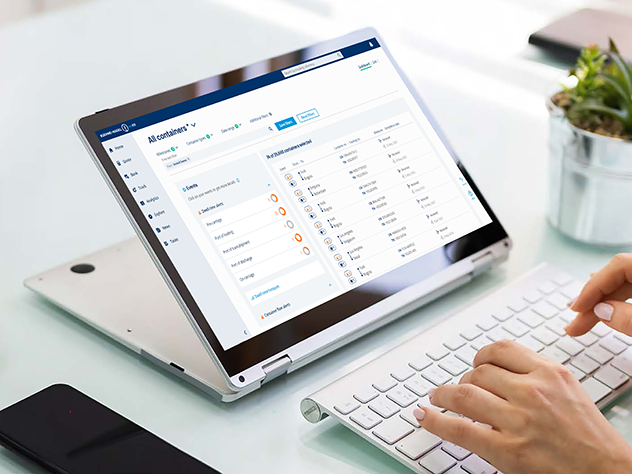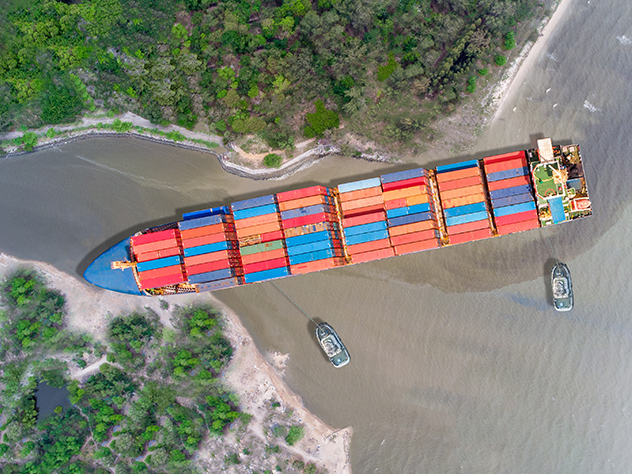Back Know when to use less than container load (LCL)
How to
Know when to use less than container load (LCL)
Transit time
Compared to full container loads (FCL), where multiple routings and transit times are possible and required depending on the service type, part load shipments are always routed with the fastest available option; i.e. direct transports with the shortest transit times are chosen where available and routings with maximum one-stop are considered if no direct transports exist.
Check point: When you choose less than container load (LCL), you choose a fast time-to-market.
Economic efficiency
Once you have decided to ship by sea, you may have consignments with volumes suitable as full container load (FCL). However, if you are planning shipment sizes that do not fill an entire container, less than container load (LCL) is the more economical option. The simple reason: if you book full containers and do not fill them, you have to pay for the unused space.
Check point: With part loads, you only have to consider the costs for the actual amount of cargo loaded - simple and practical!
Reliability
With weekly departures in an extensive routing network, part load services are not only a flexible option, but also a reliable one. As less than container load (LCL) containers are given preferential treatment by carriers, they are usually unaffected by rollovers, cuts or delays, and instead shipped as scheduled.
Check point: When booking less than container load (LCL), you can rely on the scheduled and advised shipping dates.
Order sizes and cash flow
Product life cycles are getting shorter every year and new products are being introduced at shorter intervals in almost all industries. Production processes are working on demand. Smaller, more individual lots are produced with a need for a fast time-to-market. It is unrealistic to accumulate this cargo over several weeks and only ship it once there is enough for a full container. With weekly less than container load (LCL) services, you can focus on ordering the specific quantities needed and transporting these lots easily and flexibly as consolidated cargo.
Check point: Less than container load (LCL) helps reduce your inventory, resulting in improved cash flow as well as increased frequency in shipping and delivery of individual orders.
Digitalisation and transaction turnaround times
Following global digitalisation trends, it has become commonplace in both the private and business sectors to buy products and book services online. Kuehne+Nagel less than container load (LCL) can similarly be booked online in a few simple steps via the myKN platform.
Check point: In myKN, you can quote, book and track shipments instantly - regardless of time zones or business hours. You have full access to rates and departure options at any time so that you can react immediately to new transport projects.
Do you need a quote for your part load shipment?
Then use our online solution to find quotes, make bookings and track your less than container load (LCL) shipments.
Simply enter your shipment details and you will receive prices and accurate shipment information within seconds.











